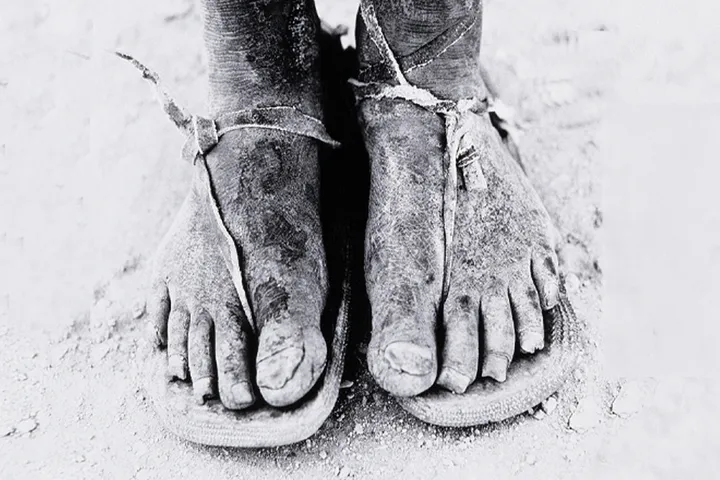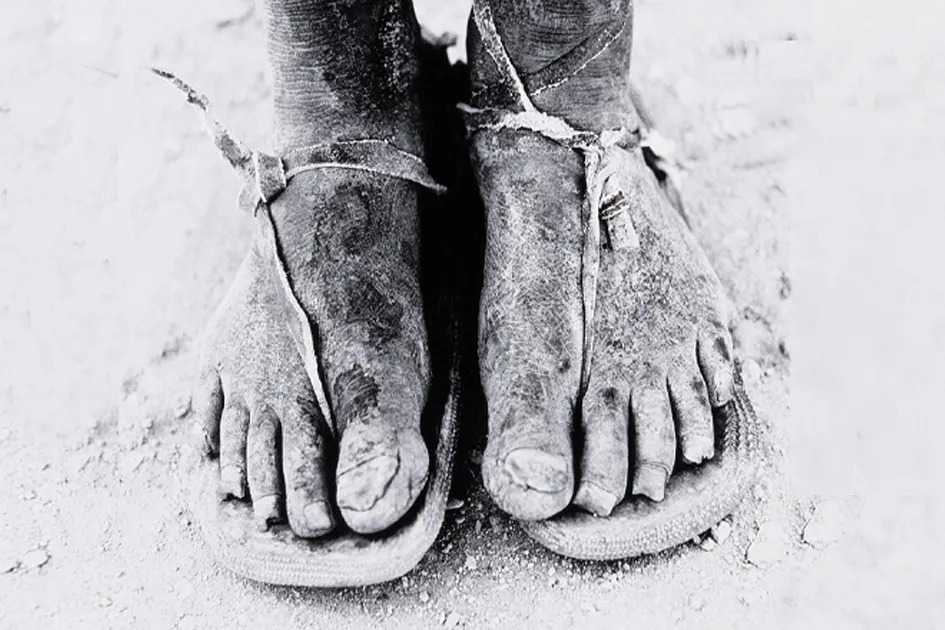Jesus said Christians should be easily recognizable by their love for one another (John 13:35). That’s why combativeness, so common in our culture today, gives us a great opportunity to stand out by our kindness. The church, however, isn’t free of tension and, at times, displays conflict in front of onlookers. But the way we treat one another in those moments matters a great deal if we want to be effective witnesses.
 Illustration by Xoana Herrera
Illustration by Xoana Herrera
BACKGROUND
Many aspects of Christian character are built using simple instructions—things we’d say to teach children, such as “be kind” (Eph. 4:32) and “treat people the same way you want them to treat you” (Matt. 7:12). But simple instructions aren’t necessarily easy or intuitive.
READ
Ephesians 4:25-32
REFLECT
Imagine how much pain and division could be avoided if we learned to truly treat each other well.
Sometimes there’s a disconnect between the way we live and the kingdom virtues Jesus modeled. Paul summed up this gold standard to which Christians are called: “Be kind to one another, tender-hearted, forgiving each other, just as God in Christ also has forgiven you.” Which of the three behaviors seems most challenging? What might make it easier to practice?
In the main study passage, what actions does Paul tell us to stop doing? Next, notice the behaviors he says should occur instead—what do these healthy practices have in common?
Imagine if the attitudes Paul encourages were the default behaviors in Christian communities. What difference might that make in terms of outreach or service to people considering the faith?
In verse 29, Paul tells the church to use only edifying language “so that it will give grace to those who hear.” This means our faith is both “taught” and “caught.” How can you be a model for others when it comes to these virtues?
REFLECT
When we’re tenderhearted, we are more concerned with someone else’s well-being than our own. We move toward those who are hurting and struggling, even if we don’t stand to benefit.
Think of someone you would describe as tenderhearted. What draws you to that person, and how do you feel in his or her presence?
CONTINUING THE STORY
When we’re passionate, whether about a cause or about our faith, we might tend to be more forceful. Yet Paul tells us to “let [our] gentleness be known to all men” (Phil. 4:5 NKJV).
Describe how Jesus embodied strength in ways that were also gentle. How does His manner compare or contrast with what you typically encounter—both inside and outside the church?
With whom (and in what kinds of situations) do you find it most difficult to practice humility and kindness? Why do you think they are a challenge, and how can you take steps to change the narrative?
REFLECT
The Beatitudes and Paul’s description of spiritual fruit are two passages that leave no doubt about traits and virtues God values.
Read Matthew 5:1-11 and Galatians 5:22-23. What connection do you see between the blessing Jesus speaks over “the gentle . . . the merciful . . . the peacemakers” and Paul’s insistence that a signal of the Spirit’s work is (among other things) love, kindness, and gentleness?
Jesus, our mighty King of Kings, also showed Himself to be the model of grace and restraint. Following His example is an excellent way to introduce others to their Savior.





